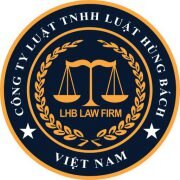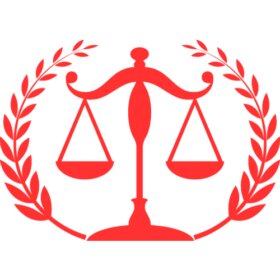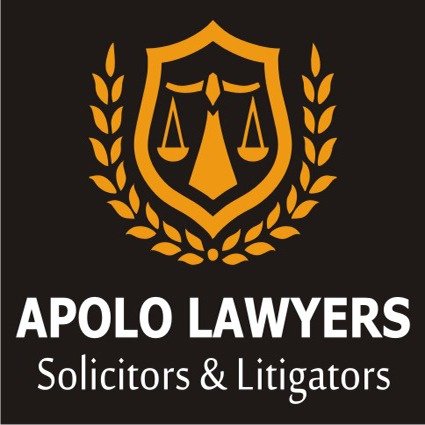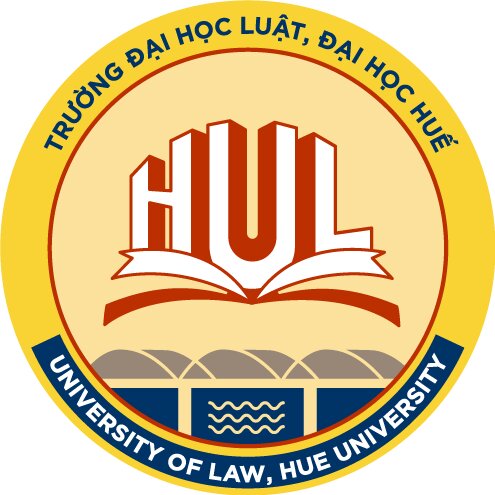Best Juvenile Law Lawyers in Ho Chi Minh City
Share your needs with us, get contacted by law firms.
Free. Takes 2 min.
List of the best lawyers in Ho Chi Minh City, Vietnam
About Juvenile Law in Ho Chi Minh City, Vietnam
Juvenile Law in Ho Chi Minh City, Vietnam focuses on the regulations and guidelines pertaining to minors who are under the age of 18 and have been accused of committing a criminal act. This field of law is distinct from adult criminal law and is designed to rehabilitate rather than punish young offenders. Vietnam has a comprehensive legal framework addressing Juvenile Law, including the Law on Juvenile Prevention and Control (2016) and the Penal Code (2015). However, cultural, economic, and societal factors play a significant role in how these laws are applied.
Why You May Need a Lawyer
Assistance of a lawyer specializing in Juvenile Law can be crucial in situations where a minor is accused of a crime. An experienced lawyer can help navigate the complexities of the Vietnamese legal system, provide appropriate representation, and ensure fair treatment. Furthermore, a lawyer can provide guidance to families seeking to comprehend the ramifications of the charges against the minor, possible outcomes, and paths to rehabilitation.
Local Laws Overview
The key laws governing juvenile offenders in Ho Chi Minh City, Vietnam include the Law on Juvenile Prevention and Control and the Penal Code. These regulations stipulate the rights and obligations of minors, their parents, and the state in proceedings and interventions. Specifically, the law mandates education and rehabilitation for first-time offenders committing minor offenses, alternative approaches instead of incarceration for repeat offenders, and only allows punishment as a last resort. However, the interpretation and enforcement of these laws vary depending on the circumstances of each case.
Frequently Asked Questions
1. What age is considered a juvenile in Vietnam?
In Vietnam, a person under the age of 18 is considered a juvenile.
2. What happens if a juvenile is accused of a crime?
When a minor is accused of a crime, they are accorded with legal protections. The first steps usually involve education and rehabilitation. More serious offenses may require pre-trial detention, trial, and post-trial measures, but these are implemented as the last resort.
3. Can a minor be sentenced to imprisonment?
Yes, minors can be sentenced to imprisonment, but this is extremely rare and is usually the last resort, reserved for the most serious offenses.
4. What rights does a minor have when accused of a crime?
Minors have the right to legal representation, protection from ill-treatment, right to a fair trial, and a right to education and rehabilitation programs.
5. Can parents be held responsible for their child's crime?
Parents have legal obligations to control, educate, and prevent their children from violating laws. They may face administrative or even criminal penalties if found negligent in fulfilling these obligations.
Additional Resources
Organizations offering help for juvenile legal issues in Ho Chi Minh City include the Ho Chi Minh City Bar Association and The Child Protection Association of Ho Chi Minh City. Various UNICEF programs and World Bank projects in Vietnam also aim at supporting the juvenile justice system.
Next Steps
If you need legal assistance in Juvenile Law, the first step is to consult with a lawyer specializing in this field. Prepare all relevant information and documents and be ready to discuss in detail about the circumstances. Stick to facts when discussing the case. Apart from legal advice, social services and child protection agencies can also provide support and resources for rehabilitation and community reintegration.
Lawzana helps you find the best lawyers and law firms in Ho Chi Minh City through a curated and pre-screened list of qualified legal professionals. Our platform offers rankings and detailed profiles of attorneys and law firms, allowing you to compare based on practice areas, including Juvenile Law, experience, and client feedback.
Each profile includes a description of the firm's areas of practice, client reviews, team members and partners, year of establishment, spoken languages, office locations, contact information, social media presence, and any published articles or resources. Most firms on our platform speak English and are experienced in both local and international legal matters.
Get a quote from top-rated law firms in Ho Chi Minh City, Vietnam — quickly, securely, and without unnecessary hassle.
Disclaimer:
The information provided on this page is for general informational purposes only and does not constitute legal advice. While we strive to ensure the accuracy and relevance of the content, legal information may change over time, and interpretations of the law can vary. You should always consult with a qualified legal professional for advice specific to your situation.
We disclaim all liability for actions taken or not taken based on the content of this page. If you believe any information is incorrect or outdated, please contact us, and we will review and update it where appropriate.

















